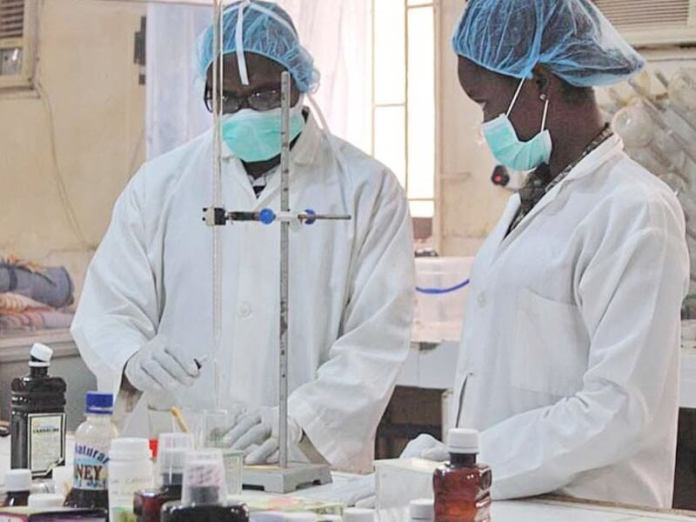“Generally, laboratories produce test results used in clinical and public health setting to improve health outcomes. This depends on the accuracy of the testing and reporting, however, these services have been bedeviled with numerous challenges resulting in unreliable results, lack of confidence and under-utilisation of many of many laboratory services,” Audu said.
She added that some of the benefits of SANAS international accreditation includes the demonstration that NIMR CHVG is capable of generating technically valid results which improve their rating; minimises quality costs which comprises failure, appraisal and remedial cost and NIMR as a research institute has also gained more recognition among others.
She regretted that accreditation of medical laboratories in Nigeria is uncommon, and until now none of the nation’s 5,349 medical laboratories in Nigeria had been able to attain such international accreditation.
“In the same month, we received the Approval Committee notification of an award of ISO 15189:2012 accreditation with effect from 25th August 2017,” she explained.
Director General/Chief Executive Officer NIMR, Prof. Babatunde Lawal Saloko, in his speech said the laboratory accreditation was highly regarded both nationally and internationally as a reliable indicator of technical competence. “Therefore, results generated from such laboratories are comparable with those produced by any accredited laboratory in the world. With this system of international recognition, data from accredited data from accredited laboratories are readily accepted overseas,” he said.
He, however, urged the Minister of Health, Prof Isaac Adewole, to recognise and designate the accredited research laboratory as the Centre for HIV drug resistance testing in Nigeria to conduct HIV drug resistance surveillance as they are the only laboratory that has this capacity for now.
Source: MWN

 The Research Laboratory of Centre for Human and Genomics (CHVG) in the Microbiology Department of the Nigerian Institute of Medical Research (NIMR), has recently been adjudged to conform to the International Organisation for Standardisation (ISO) 15189:2012 standards, making it the first public medical laboratory in Nigeria to attain this status.
The Research Laboratory of Centre for Human and Genomics (CHVG) in the Microbiology Department of the Nigerian Institute of Medical Research (NIMR), has recently been adjudged to conform to the International Organisation for Standardisation (ISO) 15189:2012 standards, making it the first public medical laboratory in Nigeria to attain this status.




